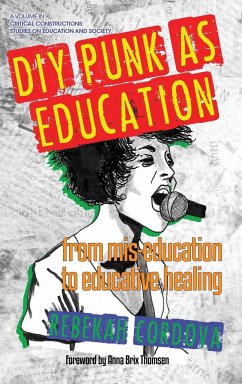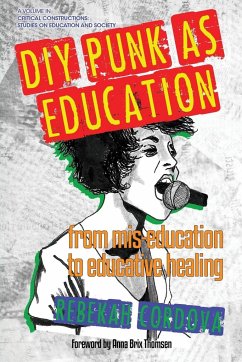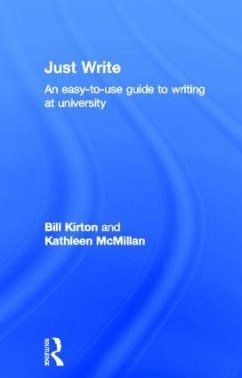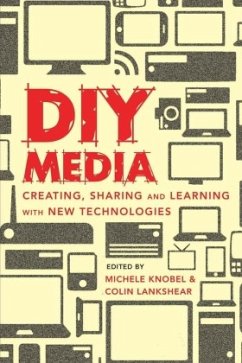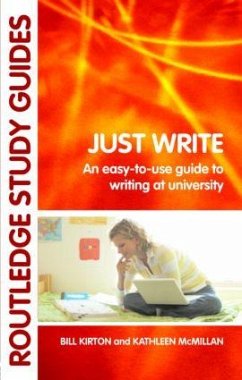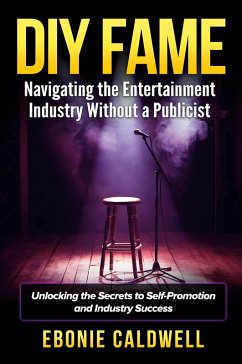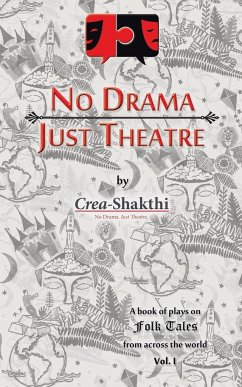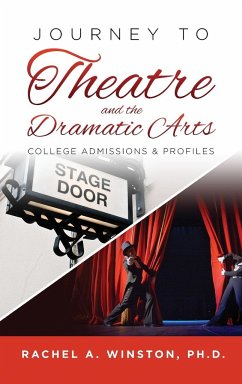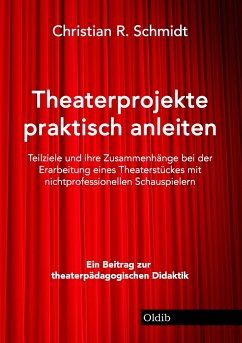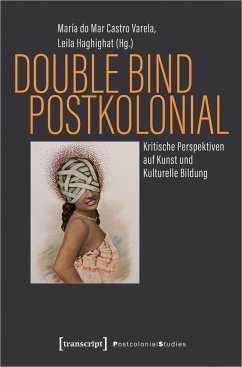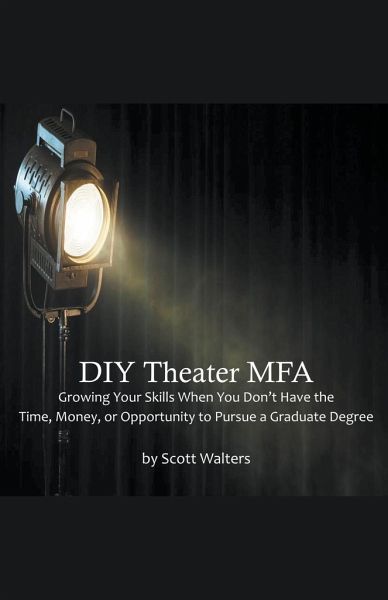
DIY Theater MFA
Growing Your Skills When You Don't Have the Time, Money, or Opportunity to Pursue a Graduate Degree
Versandkostenfrei!
Versandfertig in 1-2 Wochen
11,99 €
inkl. MwSt.

PAYBACK Punkte
6 °P sammeln!
What if you want to improve your skills as a theater artist, but you don't have the time, money, or opportunity to pursue a graduate degree? Then Do It Yourself! This book starts with Matt Damon's epic takedown of a pompous Harvard graduate student in Good Will Hunting's: "You dropped a hundred and fifty grand on a fuckin' education you coulda' got for a dollar fifty in late charges at the public library." Damon's character, Will, is a genius polymath with a particular gift for mathematics and not a drama major, but could his smackdown still be relevant to a collaborative art form l...
What if you want to improve your skills as a theater artist, but you don't have the time, money, or opportunity to pursue a graduate degree? Then Do It Yourself! This book starts with Matt Damon's epic takedown of a pompous Harvard graduate student in Good Will Hunting's: "You dropped a hundred and fifty grand on a fuckin' education you coulda' got for a dollar fifty in late charges at the public library." Damon's character, Will, is a genius polymath with a particular gift for mathematics and not a drama major, but could his smackdown still be relevant to a collaborative art form like theater? Could an actor, director, designer, stage manager, or administrator design a learning program for themselves that would promote their own growth as artists? In this provocative how-to, retired theater professor Scott Walters (author of Building A Sustainable Theater) argues not only that such a thing is possible, but that doing so has many advantages over the traditional route. In this brief, practical book, Walters provides a roadmap for those who want to create a theater education that is tailored to their own talents and interests.





